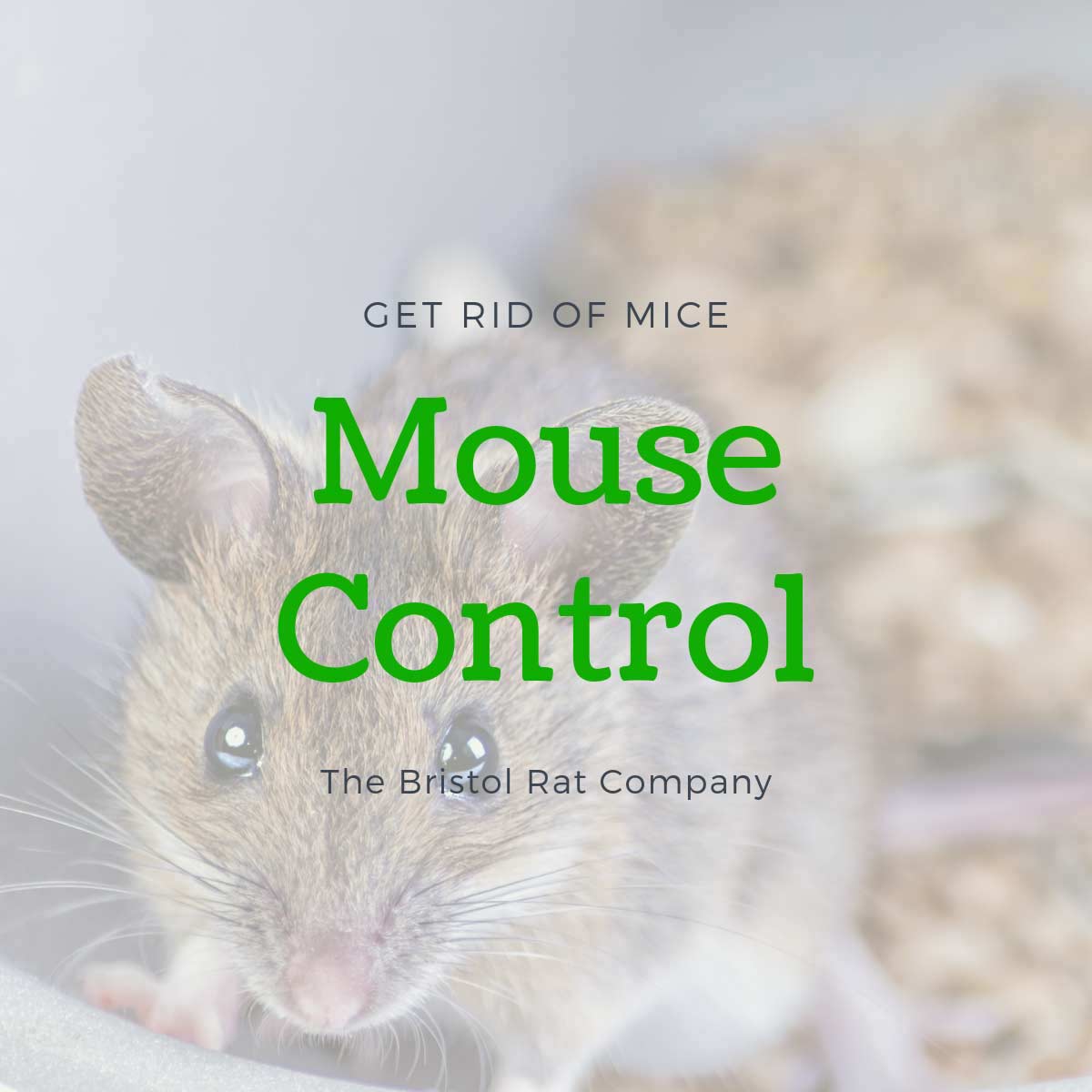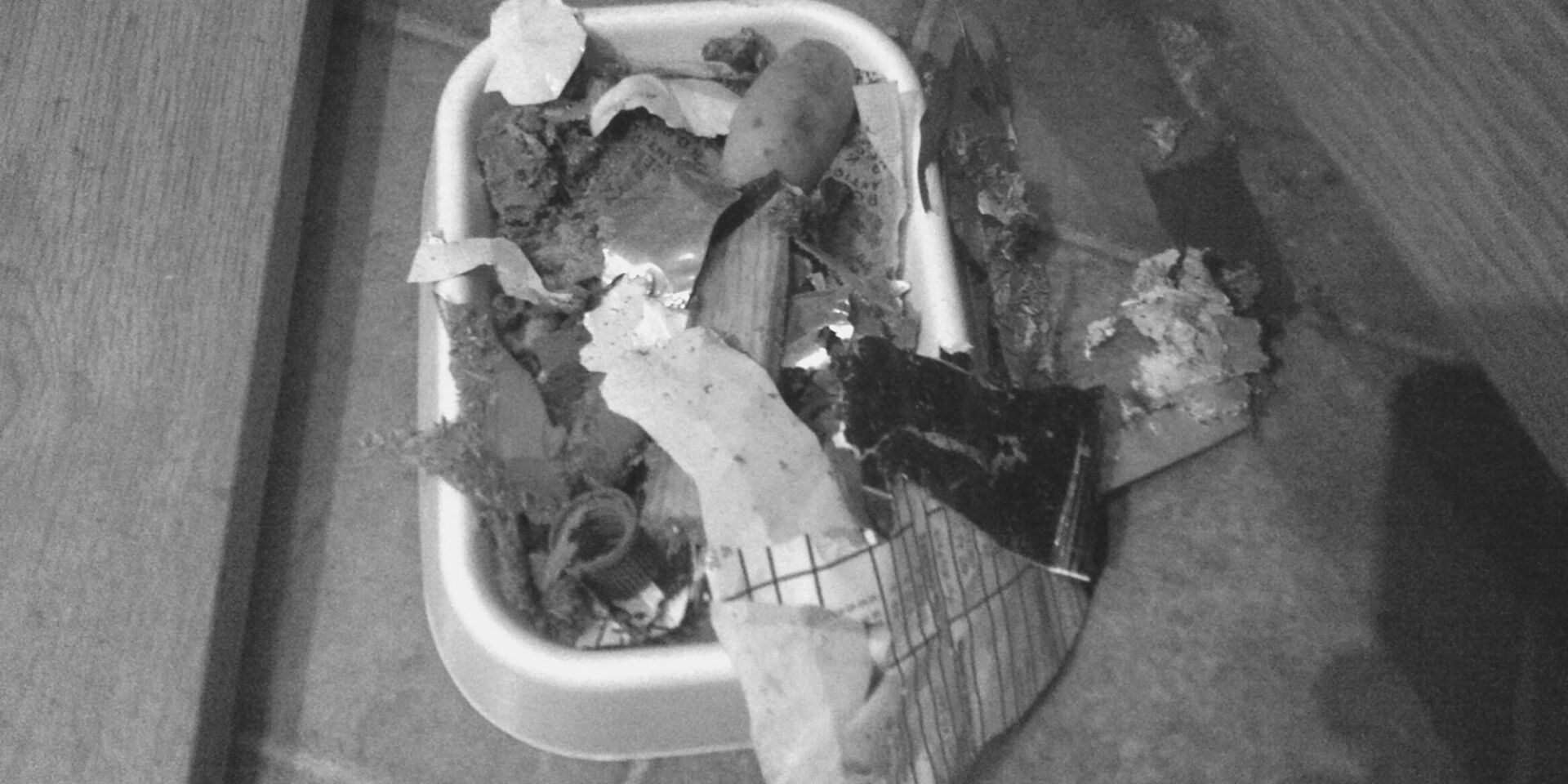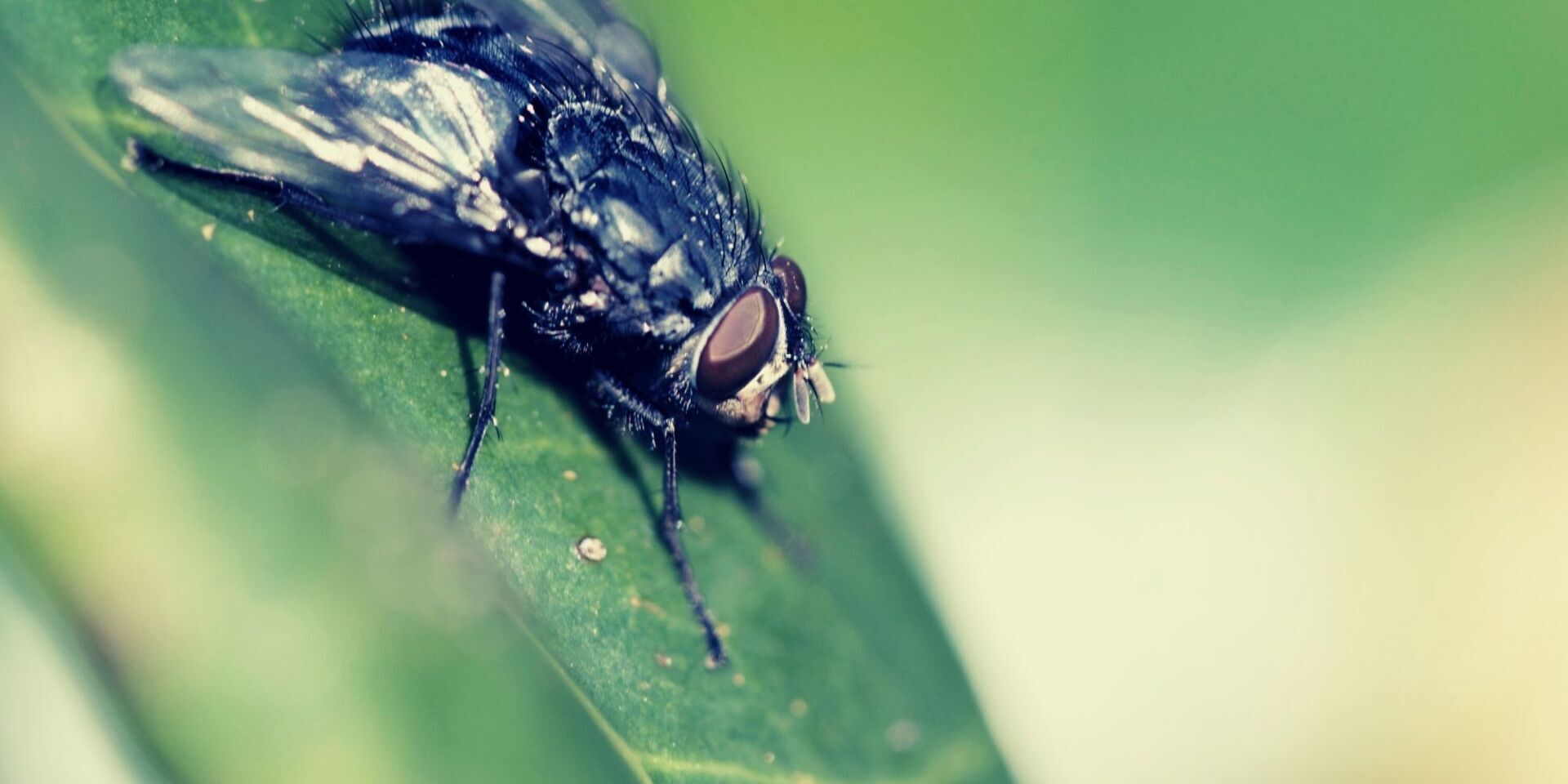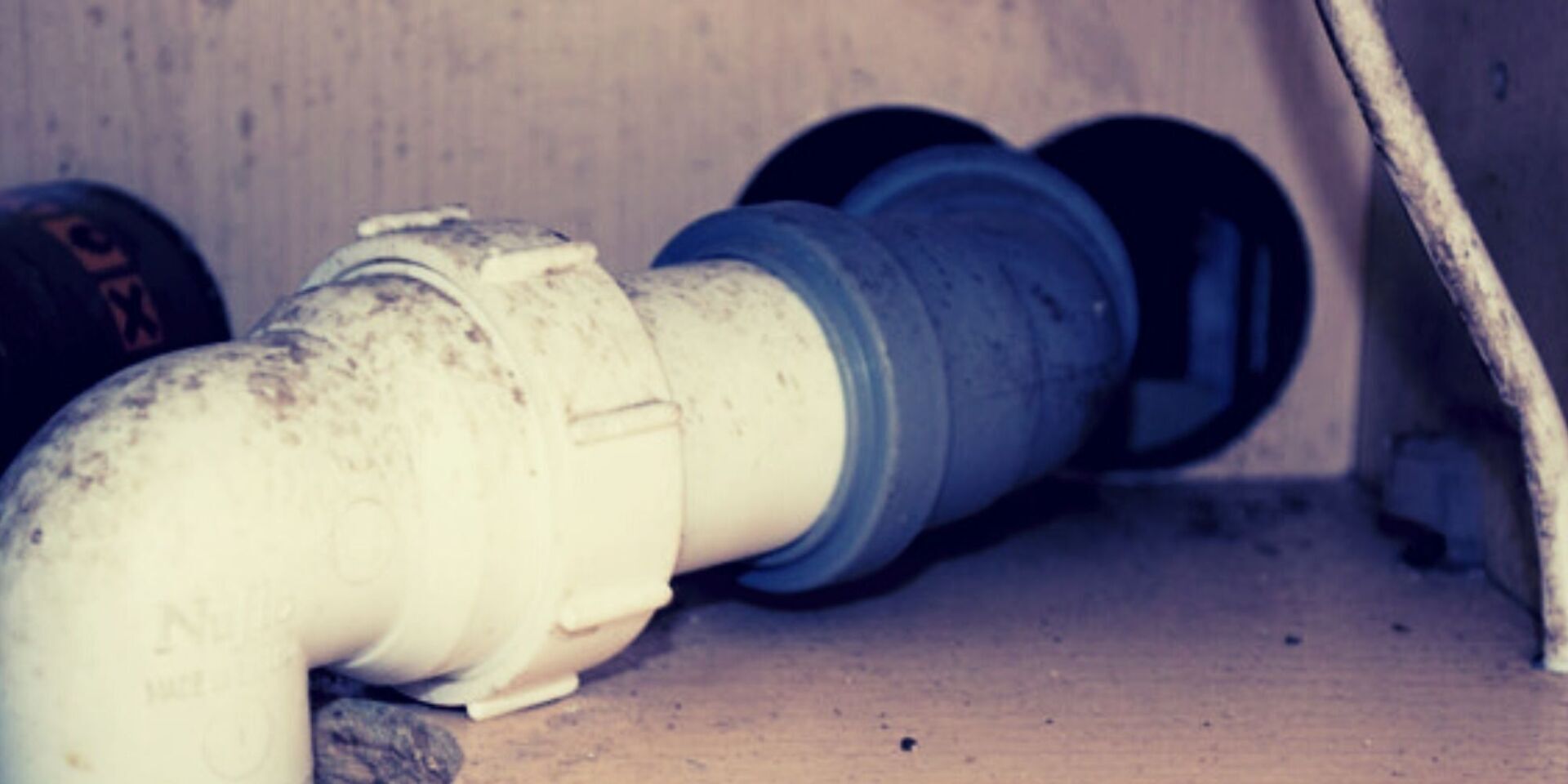Bristol Mouse Control
Get Started
Save Time
Fast Results
Ethical
Friendly

Bristol Mouse Control
Mice
Mouse Control In Bristol
Mice As Pests
Mouse control is as much about an understanding of the mammal’s biology as it is about trying to catch, kill or exclude the mice. If you want to defeat our mouse infestation, you need to understand what you’re up against!
Mouse Control: Diseases and Parasites Carried by House Mice
How Mice Spread Diseases and Parasites:
- Biting – you, your children, family, pets or livestock
- Urine & Droppings - Infecting your groceries and work surfaces with urine and up to 50 droppings each per night
- Being eaten – by your pets
- Contaminating – pets and your pet’s food and water
- Spreading – blood-sucking parasites like fleas and mites
- Contaminating – water supplies especially where they fall into water tanks.
Eliminate The Mice In Your Home & Business TODAY!
Bristol Mouse Control: No matter how bad your problem is, we will help you solve it, FAST. Your Bristol Mouse Control Service owes its outstanding success and popularity to the experience of our experts.
When it comes to mouse control, nothing matches the trained eye of a professional pest controller for a swift and humane end to a mouse infestation.
Catching mice humanely in traps that are correctly baited and placed, will prove effective in small populations and the bait you can buy will be more or less effective, but if a population is large, you should definitely consider our professional help, to bring this level of health risk under control fast.
Consequences of Ignoring Problem Mice:
Left unchecked the number of these common house mice in your home, loft and shed etc, is going to soar – causing thousands of pounds of damage to both food stocks and other valuable items.
Mice often create nests inside bags and boxes that contain precious items like wedding dresses, soft toys, books and photo albums that will stink of vermin urine and be covered and stained with sticky droppings. They will turn these items into confetti for nesting material.
For years an infestation of mice often does do this without us discovering the damage being done. Only when we come to remove a box from a garage or loft containing an important item like a wedding dress or blanket do we experience the worn and frayed remains of whatever the item used to be, stinking of rodent excrement and resembling nothing more than confetti.
Facts About House Mice:
The House Mouse (Mus musculus) is about the most abundant species of rodent found in and around Bristol. It is described as commensal, so lives closely with humans, causing damage to property, consumption and contamination of food stocks and of course carries serious diseases that represent a significant risk to your health and that of your family and pets.
Like rats, this species of mouse began life in far off lands and arrived here at some point over the last 10000 years thanks to human population migration.
Mice do not do well where rats are present, who out-compete and eat them. The most important thing to remember is that as a simple rule – a mouse could get through a hole the size of your little finger and a rat can get through a hole the size of your thumb – not very precise but you get the idea!
House Mouse Identification:
These are after all wild animals and in nature, nothing is always what it should be, so take these details as a guide to what you might find, so factor in considerations such as temperature, feed availability, competition and available nesting places.
The Key Features Of A Common House Mouse (Mus musculus)
- Diseases Carried Include: Bubonic plague, Typhus and Weil’s disease are among the best known.
- Life Span: 18 Months
- Length (body only): 15 – 20 cm (body only) – up to 45cm including tail
- Weight: 20g
- Colour: black, grey
- Sexual Maturity: 1 month
- Gestation Period: 19 days
- Number of litters: 8 per year
- Number of young: 6 – 8 per litter
- Diet: They are Omnivores, feeding on almost anything.
- Daily Food: 2.8g
- Daily water intake: 1.5ml
It’s worth noting that variations in these figures should be considered as nature has a habit of surprising us. Size, colour etc are always subject to local variations based on factors that include food availability, climate and environment.
Damage & The Risks Caused By Mice:
Search online and it does not take long to find numerous examples of serious fires started by mice etc, and the damage to electrical and water services that they cause. It’s estimated that 10 – 40% of all internal premises fires with no obvious cause are started by rodents.
The damage is also caused by the urine and faeces that litter infested areas and contaminate huge areas with pathogenic (disease-causing) microorganisms that can also become airborne, leading to respiratory illness and disease.
Your Kitchen is particularly at risk as mice are skilled climbers and will access and contaminate food preparation surfaces and storage areas – sometimes with grave consequences.
It is no surprise then that rodent infestations are the leading cause of restaurant closures by environmental health departments throughout the UK.




